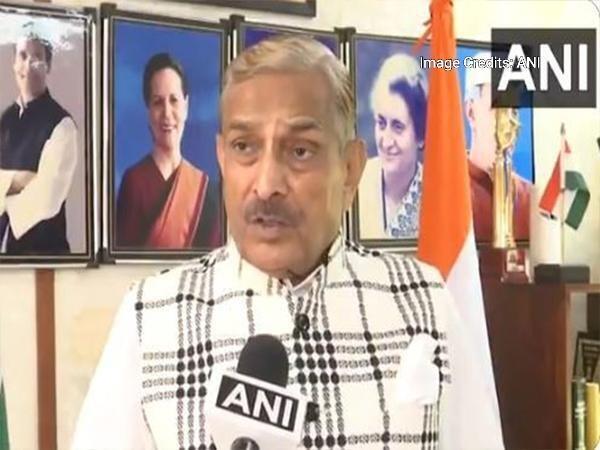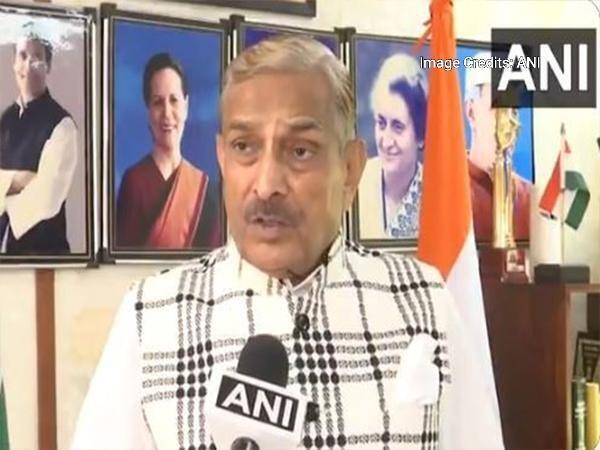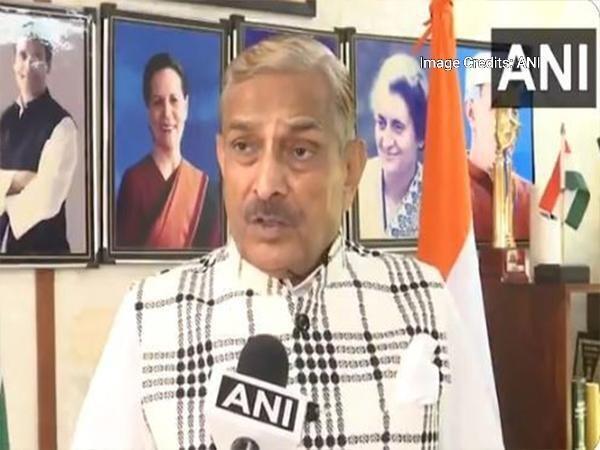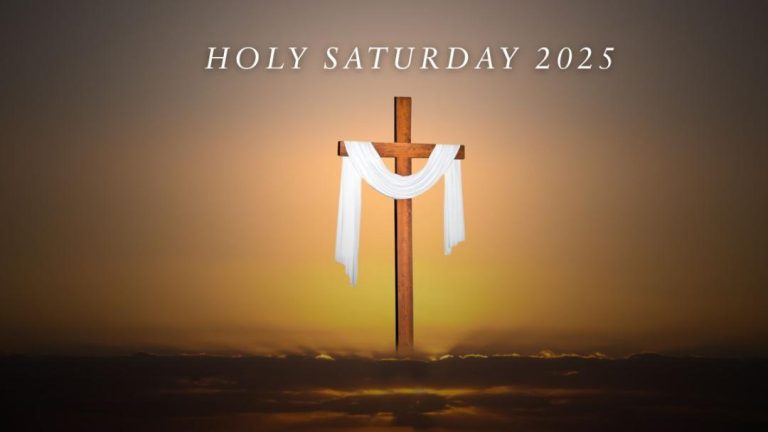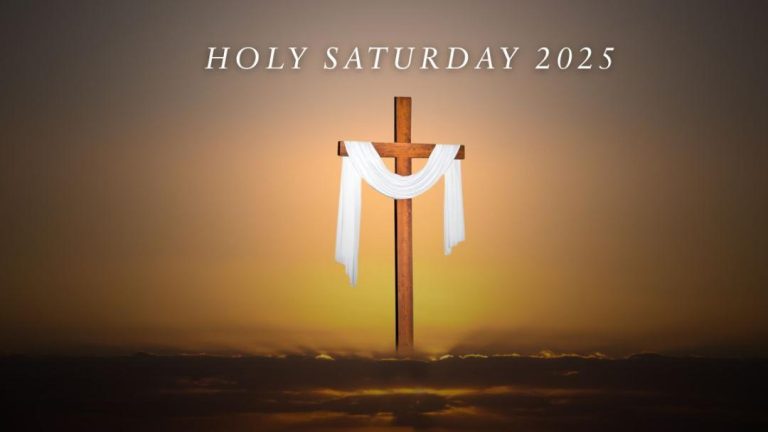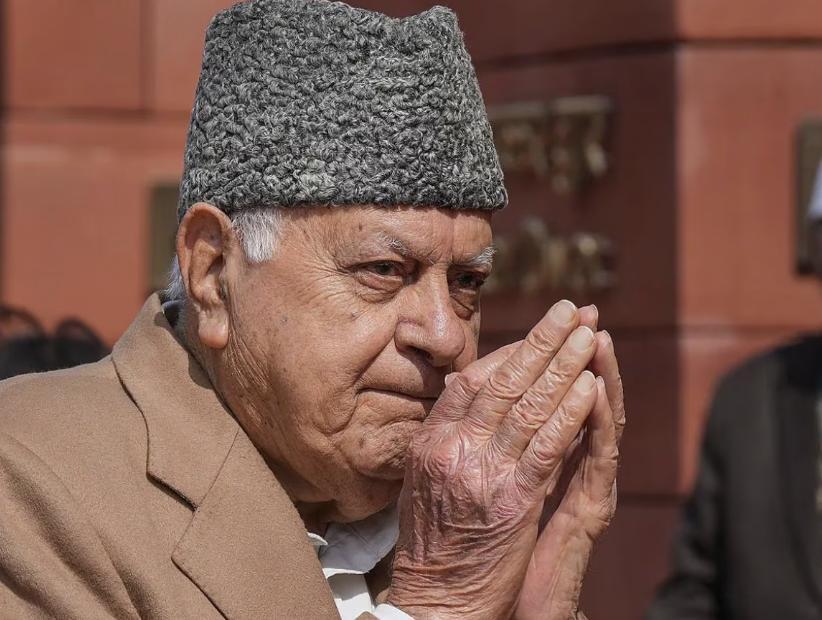
Ex-R&AW Chief Dulat Claims Farooq Privately Backed Article 370 Abrogation, He Denies
The abrogation of Article 370, which granted special status to Jammu and Kashmir, has been a contentious issue in Indian politics for quite some time. The move, taken by the Narendra Modi-led government, has been met with widespread protests and criticism from various quarters. In his latest book, “The Chief Minister and the Spy”, former R&AW chief AS Dulat has made a shocking claim that former J&K CM Farooq Abdullah privately backed the move. However, Abdullah has vehemently denied the allegations, terming them as “a figment of imagination of the author who claims to be my friend”.
According to Dulat’s book, Abdullah’s National Conference (NC) suggested that the abrogation of Article 370 would have helped in passing the Bill. Dulat, in the book, claims that he had a conversation with Abdullah about the matter, where the latter expressed his willingness to support the move. However, Abdullah has denied this claim, stating that he never had any such conversation with Dulat.
The controversy surrounding Dulat’s claim has sparked a heated debate in the political circles, with many questioning the veracity of the former R&AW chief’s claims. While Dulat’s book is yet to be released, the controversy has already generated a lot of buzz, with many taking to social media to express their opinions on the matter.
The abrogation of Article 370 was a historic move, which was aimed at integrating Jammu and Kashmir with the rest of the country. The move was met with widespread protests in the valley, with many calling it a violation of the state’s autonomy. The government, however, maintained that the move was necessary to ensure the country’s unity and integrity.
Farooq Abdullah, who was the Chief Minister of Jammu and Kashmir from 1987 to 1990 and again from 2002 to 2005, has been a vocal critic of the government’s move. He has repeatedly stated that the abrogation of Article 370 was an unconstitutional move, which has led to the erosion of the state’s special status.
Dulat’s claim, if true, would be a significant development in the ongoing political controversy surrounding the abrogation of Article 370. It would suggest that Abdullah, who was a key player in the state’s politics, was willing to support the move, despite his public opposition to it. However, Abdullah’s denial of the claim has raised questions about the veracity of Dulat’s account.
The controversy has also sparked a debate about the role of intelligence agencies in shaping political decisions. Dulat, as the former head of R&AW, has access to sensitive information and has been involved in various political machinations over the years. His claim has led many to question whether intelligence agencies have been involved in shaping political decisions in the country.
The political fallout of Dulat’s claim is still unclear, but it is certain to spark a heated debate in the political circles. The controversy has already led to a war of words between the two leaders, with Dulat and Abdullah trading barbs on social media.
In conclusion, the controversy surrounding Dulat’s claim has once again highlighted the complexities of Indian politics. While Dulat’s claim has sparked a heated debate, it is unclear whether it is true or not. The controversy has also raised questions about the role of intelligence agencies in shaping political decisions and the veracity of claims made by public figures.
Source: https://repository.inshorts.com/articles/en/PTI/5880e3bf-0a05-40d6-887a-465b5c760b3a
